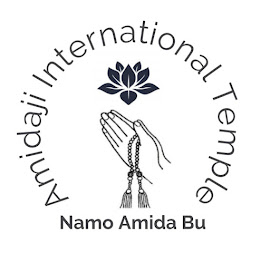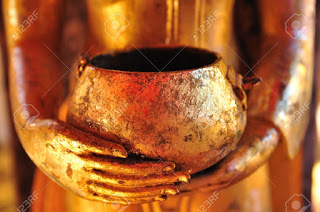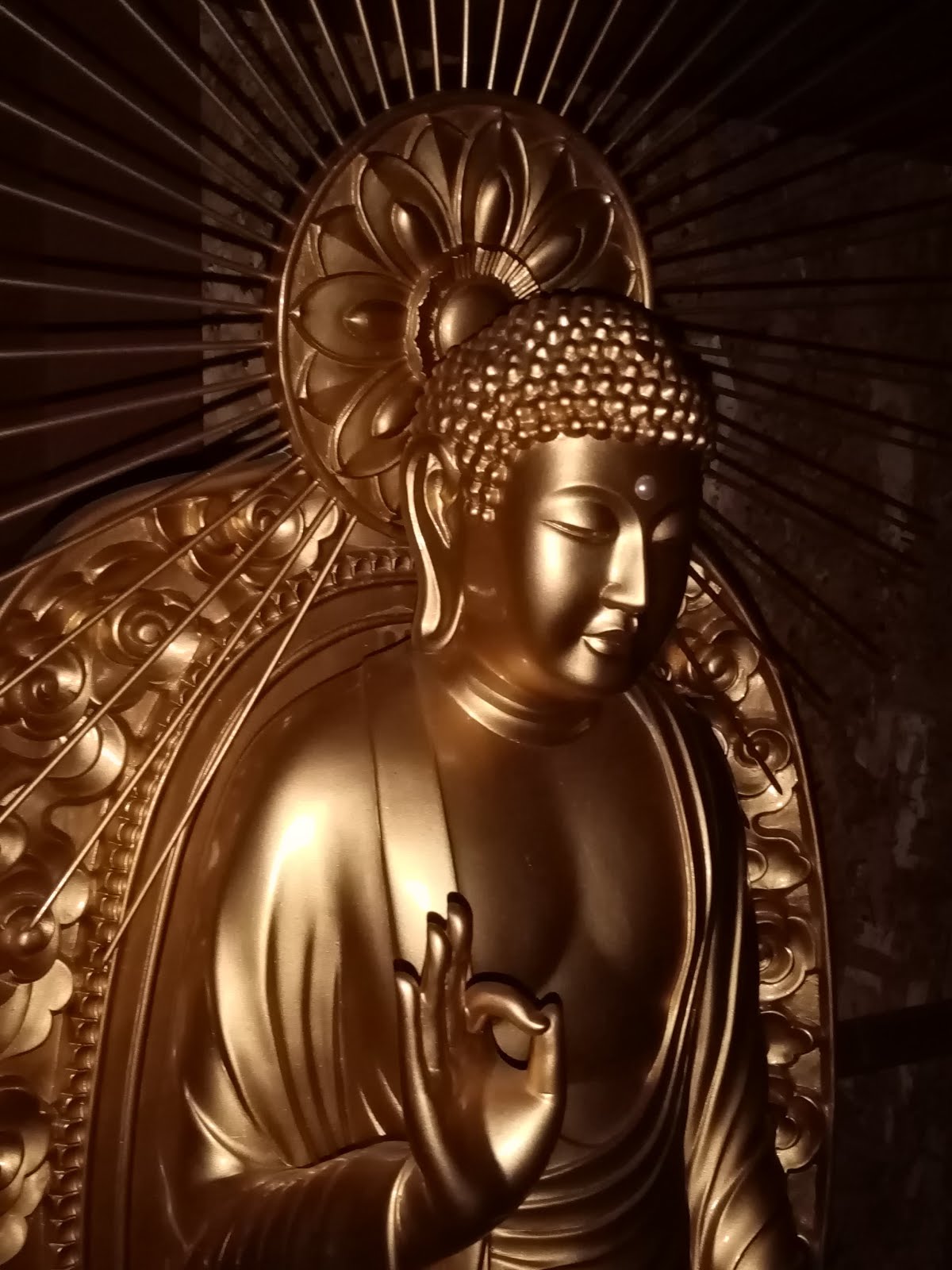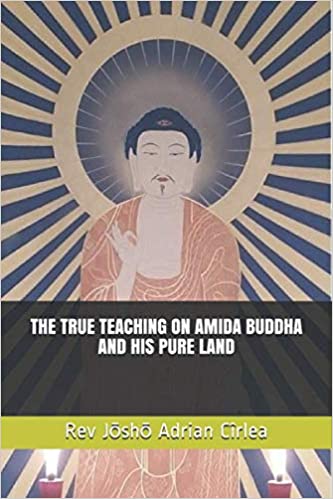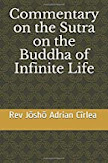I am happy to share with you the free online edition of my
new book, The Four Profound Thoughts Which Turn the Mind Towards Amida Dharma. This is the improved and proofreaded version of the teaching series you probably saw on this website.
About the book (from the Foreword):
The Four
Profound Thoughts are basic teachings, something like a preliminary to any
Buddhist path or practice. It has the effect of turning the mind towards the
Buddha Dharma and should be a constant companion no matter if one is a beginner
or an older follower. Sometimes they are reffered to as the Four Contemplations,
the Four Understandings or the Four Reminders. Because in this book I explain
them in the context of the Pure Land Dharma Gate of Jodo Shinshu (Amida Dharma),
I decided to call them the Four Profound Thoughts which Turn the Mind Towards the
Amida Dharma. These Profound Thoughts
are:


